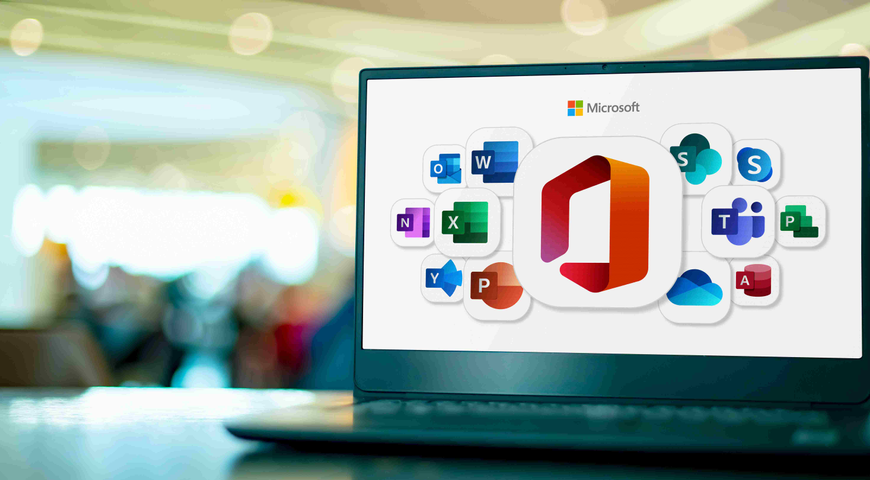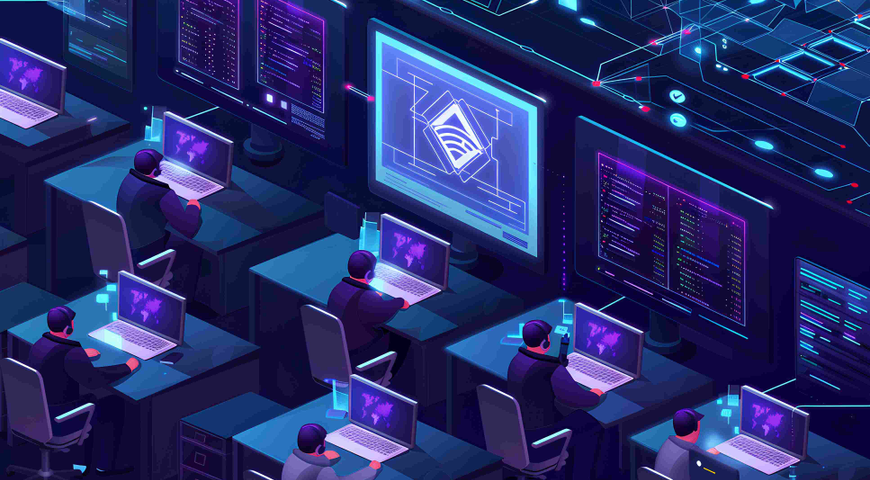
Now that the U.S. and North Korean officials have left Singapore, the pundits are debating the effectiveness of the recent nuclear weapons summit between U.S. President Donald Trump and North Korean Chairman Kim Jong-un. Yet despite the multiple areas of concern covered during the summit, there’s one security topic that wasn’t addressed by either side – cyber warfare.
In fact, just three days after the summit, North Korea was again accused of launching a new attack as the Typeframe malware strain was uncovered.
Given our role as a global leader in cyber protection, Acronis was hopeful that the negotiations would address these concerns. The experts at Acronis’ Singaporean Security Research Centre consider cyber warfare an unfortunate omission from these talks.
Cyber Armies Facing Off
In the modern world, data is clearly the most valuable resource. Given its nearly universal use, data protection should be treated as a basic human right. Keeping data accessible while ensuring its safety, security, and privacy is of strategic importance to every individual, organization, and nation, which means cyber protection must counter both cybercriminals and state-sponsored actors.
Yet while the criminal activities of hackers are widely known, few countries like to talk publicly about their cyber warfare capabilities. Nearly every nation will admit to having government-run programs for law enforcement and intelligence, but these same programs can also be deployed on behalf of the military for defensive or offensive purposes.
Such cyber attacks can cripple hospitals, interrupt transportation systems, and potentially cause the deaths of innocent civilians.
Destructive and Cost-effective
While the United States is recognized as a cyber war superpower, organizations like the World Economic Forum note that North Korea has been investing heavily in its cyber capabilities. The “hermit kingdom” is suspected of being behind the WannaCry ransomware attack in 2017 that crippled the UK’s National Health Service, Russia’s Ministry of Internal Affairs, Saudi Telecom, Sao Paulo Court of Justice in Brazil, and countless businesses and non-profits worldwide.
There is every reason to believe that cyber warfare will continue to evolve as the offensive weapon of choice, especially for smaller nations that cannot compete with the world’s top military might. Instead, they can recruit talented technologists – including engineers, programmers, and researchers – because creativity and innovation are not constrained by national borders or GDP.
Creativity Not Bound by Borders
Sometimes it just takes the right person to solve a problem, rather than a team of people. Our CEO likes to remind us that China generates more than 55,000 PhDs per year, but in a single year Albert Einstein alone did more than all of those graduates – publishing four articles in 1905 that fundamentally changed modern science.
While most governments must compete against the private sector to recruit such talent, nations with poor human rights don’t face that type of competition. North Korea reportedly has 1,800 specialists in its cyber army – handpicked computer experts that are as talented and creative as anyone on the planet, all working for the Kim regime. Every one of them has the potential to unlock a cyber weapon that could devastate an adversary.
Banning Cyber Weapons
In the end, such a cyber weapon could simply target one country, or simultaneously threaten every member of the United Nations as a means to get sanctions lifted. Achieving multiple attacks from a single cyber weapon is cheaper and easier than building multiple nuclear bombs.
Civilized nations already agree that certain types of military weapons and tactics should be limited or prohibited, given their potential for destroying innocent civilian lives. Nuclear, chemical, and biological weapons currently occupy that category. Increasingly, cyber warfare should be included on the list of prohibited weapons.
Final Thought
Acronis took a great deal of interest in the Trump-Kim summit, as it took place in Singapore where we were founded 15 years ago. From those international headquarters, Acronis watched the summit with civic pride and high hopes for what the talks might accomplish.
Like both Singapore and Switzerland – where we incorporated 10 years ago – Acronis values and supports the safety, security, privacy, integrity, and accessibility of data. We support the rule of law and back the resolutions of the United Nations. We believe it is important for world leaders to stop weaponizing data.
We are glad that the Trump-Kim Summit started a dialogue about eliminating nuclear weapons and ballistic missiles from the region. Unfortunately, we believe the leaders of these nations missed an opportunity to address the next great threat to world peace.
Perhaps by continuing their discussions, the American and North Korean leaders can address the ongoing threat of cyber warfare so everyone can rest easy.
Until then, Acronis will offer cyber protection solutions to keep the data, applications, and systems of businesses and home users as safe as possible.
About Acronis
A Swiss company founded in Singapore in 2003, Acronis has 15 offices worldwide and employees in 50+ countries. Acronis Cyber Protect Cloud is available in 26 languages in 150 countries and is used by over 20,000 service providers to protect over 750,000 businesses.




